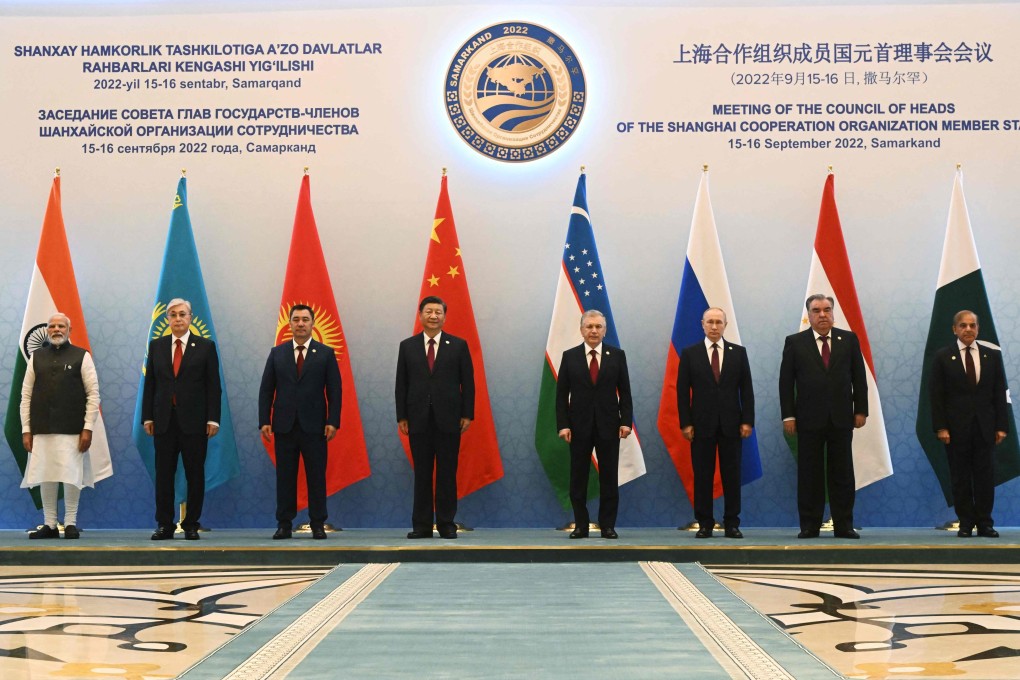My Take | Flare-ups among China-backed SCO members expose embarrassing limits
- Beijing needs to be an active mediator via the Shanghai Cooperation Organisation such as in deadly fights between dialogue partners Azerbaijan and Armenia and between member states Kyrgyzstan and Tajikistan if the grouping is ever to be more than a talking shop

On paper, the Shanghai Cooperation Organisation is vast as its member states collectively represent more than two-fifths of humanity, not least because China and India, two of the world’s most populous countries, are members. But critics have often observed that it’s less than the sum of its parts.
That is no doubt true, at least for now. But the West better hope it never becomes equal or even greater than the sum of its parts. Because then, it will truly mark the rise of Eurasia. And given the unfortunate trajectory into which Russia has locked itself under Vladimir Putin, China will likely be at the head of it. But for now, that will remain aspirational. That is inadvertently made clear by the “Samarkand Declaration of the Council of Heads of State of Shanghai Cooperation Organisation”.
At the outset, it states: “Security is the main theme of the Samarkand Declaration … in Central Asia.”
But a glance at the SCO’s list of members and partners would show that two “dialogue partners” – Azerbaijan and Armenia – started fighting each other days before the summit and two SCO members – the Kyrgyz Republic (Kyrgyzstan) and Tajikistan – during it. That’s not exactly a recipe for unity and partnership.
After dutifully “[affirming] the non-targeting of SCO against other states and international organisations” in section 8, it declares further in section 13: “The Member States consider Central Asia to be the core of SCO and support the efforts of the countries of the region to ensure prosperity and peace, sustainable development and the formation of a space of good-neighbourliness, trust and friendship. They advocate further strengthening the role of SCO in enhancing stability …”
That’s a tad ironic, if not embarrassing, in light of the latest flare-ups among members and partners. Those words were probably being typed when guns were still firing at each other.
